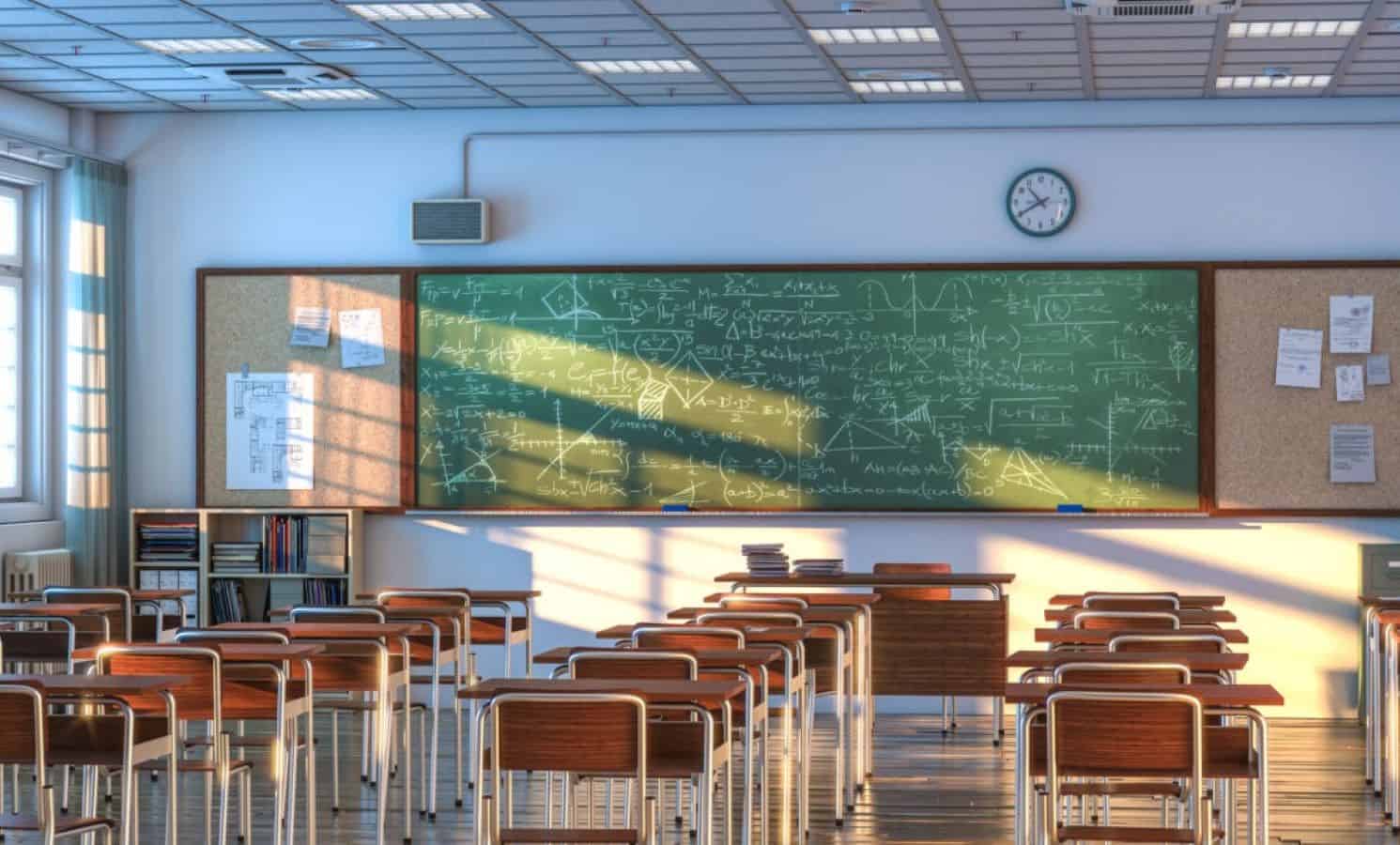411
Unqualified Teachers in South Africa: Calls for Investigation Spark Debate

The presence of underqualified and unqualified teachers in South Africa’s schools has raised alarms among education stakeholders. The National Professional Teachers’ Organisation of South Africa (Naptosa) has called for the South African Council for Educators (SACE) to investigate and address this pressing issue.
This follows reports from the Foundation for Education and Social Justice Africa, which highlighted an increasing trend of unqualified educators, including student teachers, being employed by some independent schools across the country.
How Widespread Is the Problem?
While the issue appears more common in independent schools, public schools are not immune. According to Naptosa’s Executive Director, Basil Manuel, the financial incentive for some schools to hire less qualified teachers is a contributing factor.
“In independent schools, which often operate like businesses, hiring cheaper, underqualified teachers can be enticing,” Manuel explained. “However, the real cost is borne by the students and parents.”
Key Statistics:
- In 2022, then Minister of Basic Education Angie Motshekga revealed that 1,575 unqualified teachers were employed in South Africa.
- By 2024, critical teacher shortages in some areas reportedly forced schools to hire recent matriculants to teach.
SACE and DBE’s Response
In response to the issue, SACE announced on social media that it has begun validating the registration status of teachers in both public and private schools.
- “Our children deserve to be taught by professionally qualified and registered teachers,” SACE said.
- The SACE Act stipulates penalties, including fines or imprisonment, for schools employing unqualified teachers.
The Department of Basic Education (DBE) echoed this sentiment, emphasizing that while independent schools operate autonomously, they must adhere to legal requirements, including proper registration.
Impact on Education Standards
Teacher shortages, particularly in critical subjects like mathematics and science, have led to schools hiring unqualified educators.
- “It’s not okay, but in some areas, there’s simply no alternative,” said Anthea Cereseto, CEO of the Governing Body Foundation.
- Professor Irrshad Kaseeram from the University of Zululand noted that rising inflation and wage demands contribute to the difficulty in hiring qualified teachers.
Parents and Accountability
Naptosa emphasized that parents, especially those paying high fees at private schools, must demand transparency regarding teacher qualifications. “Parents have the right to ensure their children are taught by qualified educators,” Manuel stated.
Schools must also be held accountable for misrepresentation and non-compliance with the South African Schools Act.
Call to Action
To address this issue, stakeholders have proposed:
- Stricter Monitoring: Regular checks on teacher qualifications and SACE registration.
- Stronger Penalties: Enforcing fines and legal consequences for non-compliance.
- Collaboration: Working with organizations like Naptosa to find long-term solutions.
The alarming rise in unqualified teachers in South Africa poses significant risks to the quality of education. Ensuring compliance with the SACE Act and South African Schools Act is critical to safeguarding the future of the country’s learners.
Parents, educators, and regulatory bodies must work together to demand accountability and prioritize the employment of qualified teachers.
Follow Joburg ETC on Facebook, Twitter , TikTok and Instagram
For more News in Johannesburg, visit joburgetc.com















